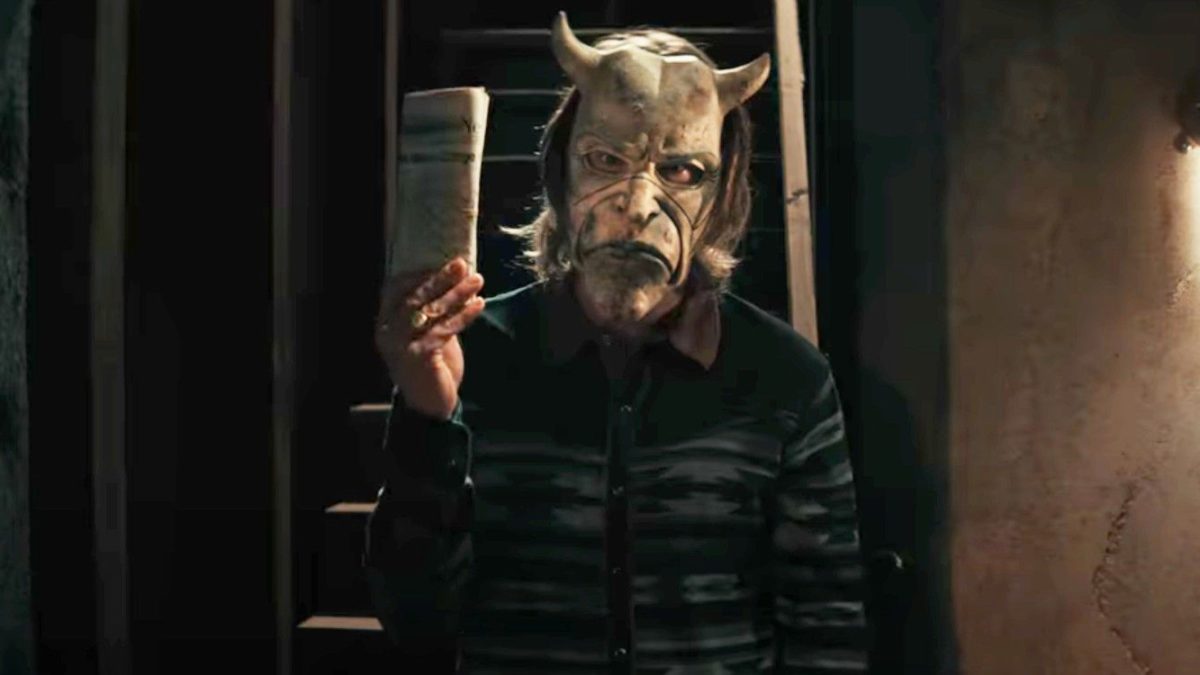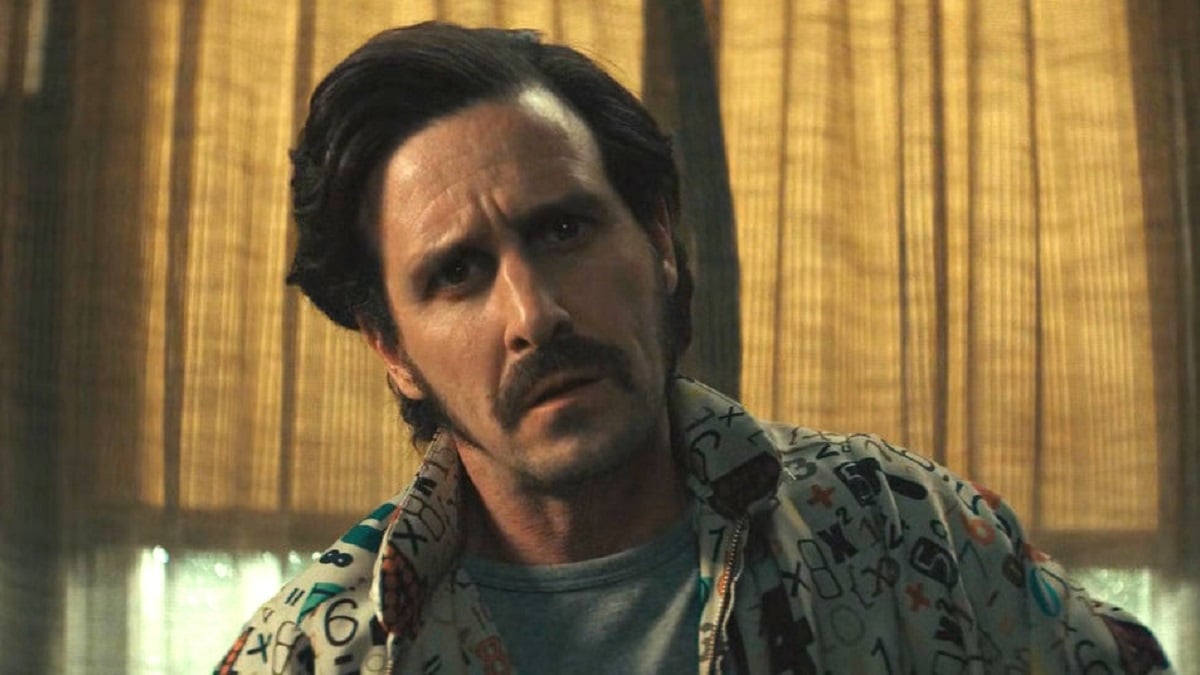If there’s one cinematic arena that’s defined by ups and downs more than any other, it’s the Stephen King adaptation. There’s the highs of The Shawshank Redemption, The Green Mile, and Andy Muschietti’s It films, the lows of Firestarter and The Dark Tower, and then you have The Shining, which was regarded lukewarmly at release and is now considered one of the best horror flicks ever made.
So when it came time for one of King’s children to have their stories adapted to the screen, the reception was pretty much guaranteed to be thoroughly idiosyncratic. Such was the fate of The Black Phone, Scott Derrickson’s ghostly serial killer feature based on Joe Hill’s short story of the same name. Entertaining proceedings couldn’t quite make up for a thin story, but then, you hardly even need either of those things to find streaming success.
Per FlixPatrol, The Black Phone is currently shoring up the worldwide Netflix film rankings in eighth place, beating out the streamer’s recent in-house fantasy romp Spellbound in tenth place, but still falling pretty short of the top-ranked Our Little Secret, a holiday rom-com whose fact of existence is more interesting than anything that happens in it.
The Black Phone stars Mason Thames as Finney, a young boy living in 1970s Colorado who gets abducted by a serial killer known as The Grabber (Ethan Hawke). With limited time on his hands and an unpredictable captor blocking his escape, Finney’s lone lifeline is a mysterious rotary phone that allows him to communicate with other kids that fell victim to the Grabber’s bloodlust.

Interestingly, the manner in which the film treats itself as a puzzle is both its greatest strength and most debilitating weakness. The story is driven by its in-canon mythology (which involves the slow discovery of hereditary psychic powers by Finney and his sister Gwen and vague histories of the Grabber’s past victims, both of which are more implied than explored), but its thematic meat isn’t prominent enough to supplement the ostensibly rich world that The Black Phone takes place in.
That being said, there’s a catharsis to the film’s ending that somehow doesn’t rely on emotion, but instead on a more mechanical narrative payoff. Without giving anything obvious away, Finney talks to five children over the course of his captivity and each has different pieces of advice on escaping the Grabber’s hideout. All five pieces of advice wind up being important, but not always in a way that you see coming.
But despite a conclusive ending, a sequel is currently slated for release on Oct. 17, 2025. It’s more or less impossible to predict where this story could go from here, and while that would normally be a red flag for a sequel film, The Black Phone‘s emphasis on its mythos rather than any ideas means it’s better suited to a follow-up than most other successful horror films, whose sequels have a tendency to miss the point on what made the original so good. Just ask John Carpenter.











Published: Dec 6, 2024 08:53 am